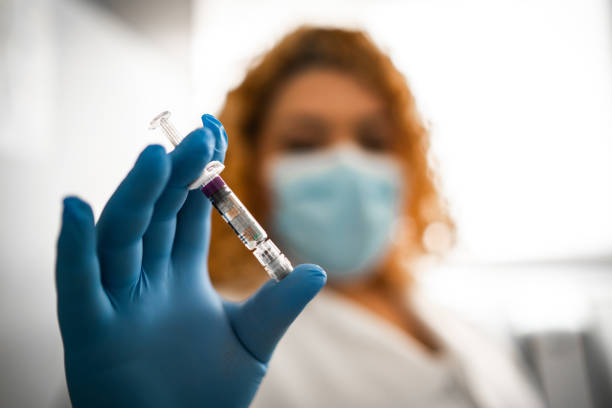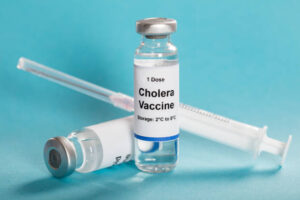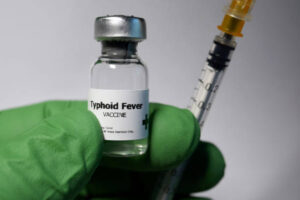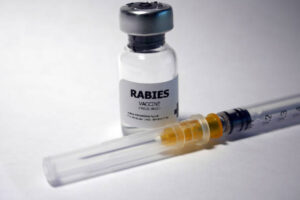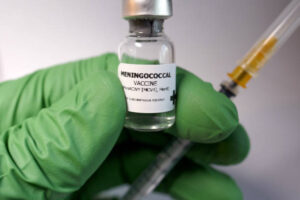Yellow Fever: Essential Vaccination for Tanzania Travelers
You need to get vaccinated before going to Tanzania to have a successful safari. The yellow fever vaccine is one of the most important ones. The said virus gets from one person to another through mosquito bites and in that case, it can be very severe. That is why the most important thing to do for you is to save yourself from those difficulties during the trip. There are a good number of countries that are requiring a report that shows that you have been vaccinated from yellow fever. Assuming that you are planning to go to Kenya, you have to find out your vaccination status. You ought to get the vaccine 10 days before your trip. Allow your body ample time to develop immunity.
You can get the vaccine that will protect you against yellow fever at a health facility and hospital. After the vaccine is still with you, it needs to be placed someplace safe so that you can show it to the border guards when you are entering Tanzania. If you do not have the card, you will not be allowed to get into the country. Also, it might be wise to get the dendritic vaccine for the viruses in addition to yellow fever. The vaccines for typhoid, hepatitis A, and tetanus can also be given to you. Ask a physician to decide what is most beneficial for your health.
The other important thing to keep in mind is that the mosquito precaution must be taken as well. Use insect repellent, wear long sleeves, and sleep under nets. These ways will help you be secure while you are moving around the beautiful places in Tanzania. In summary, immunity yellow fever is a must-have for your Tanzania safari. Taking these measures to prevent and protect yourself will guarantee that you experience the unforgettable nature, local traditions, and stunning landscapes of Tanzania!

